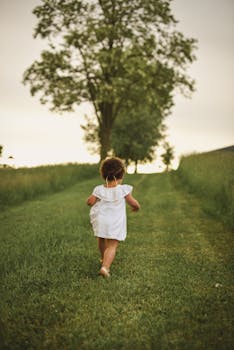
Introduction
Running in the rain can be refreshing, but it requires the right gear to stay comfortable and safe. Here’s how to choose the best running equipment for wet weather.
1. Waterproof and Breathable Outerwear
- Jacket: Select a lightweight, waterproof, and breathable running jacket. Look for features like sealed seams and adjustable hoods.
- Pants: Consider water-resistant pants or tights to keep your legs dry.
2. Moisture-Wicking Base Layers
Choose base layers made from synthetic materials like polyester or merino wool. Avoid cotton, as it retains moisture and can cause chafing.
3. Proper Footwear
- Shoes: Opt for running shoes with good traction and water-resistant uppers.
- Socks: Select synthetic or wool-blend socks that wick moisture and dry quickly.
4. Accessories
- Hat or Cap: A brimmed hat can help keep rain out of your eyes.
- Reflective Gear: Overcast days reduce visibility, so add reflective gear or lights for safety.
- Waterproof Phone Case: Protect your electronics from moisture during your run.
5. After the Run
Change out of wet clothes promptly to prevent chills and skin irritation. Dry your shoes thoroughly before your next run.
Conclusion
With the right gear, running in the rain can be enjoyable and invigorating. Prepare ahead to stay dry, safe, and motivated—even when the weather is less than perfect.
Comments
Post a Comment